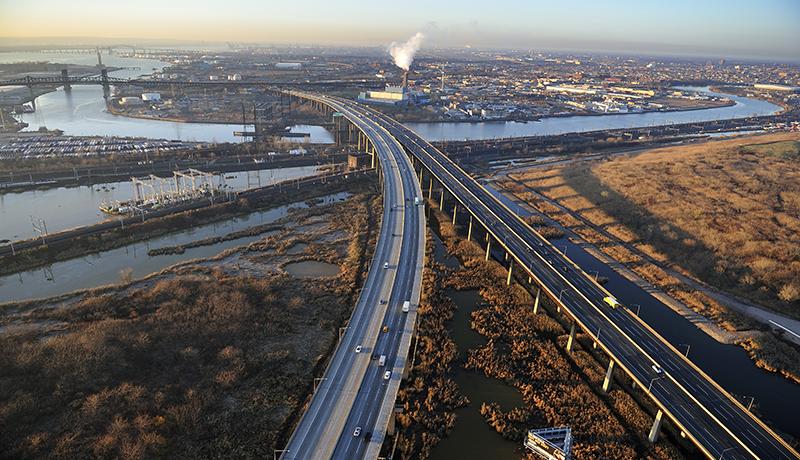At the height of the coronavirus shutdown in the spring, travel to more than 150,000 points of interest throughout New Jersey, including retail, health care, food stores and other essential and non-essential establishments decreased up to 80 percent compared to the first week of March when the state was still opened, according to a Rutgers report. Using anonymous data from mobile devices as well as building footprints, researchers examined how New Jerseyans’ travel patterns changed from March 1, 2020, to May 17, 2020. That period includes the three weeks before the March 21 shutdown, followed by the eight weeks post-March 21, which had the maximum restrictions on individuals and businesses. To read the full story.
Recent Posts
- Rutgers Researchers Revive Decades-Old Pregnancy Cohort with Modern Scientific Potential.
- Hidden in Plain Sight: The Chemical Burden of Personal Care Products.
- Unraveling the Mysteries of Male Infertility.
- What’s next for COVID? Experts weigh in, 5 years after it first appeared.
- New NJACTS Publication
Categories
- Community (2,195)
- Covid (983)
- CTO Events (6)
- News (2,802)
- Pilots (21)

